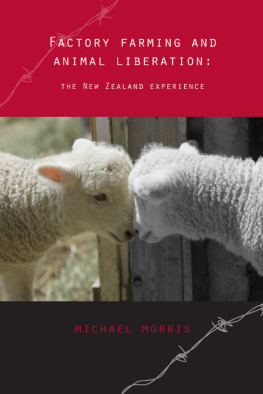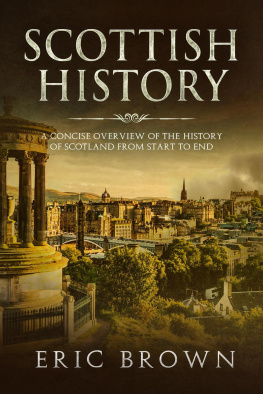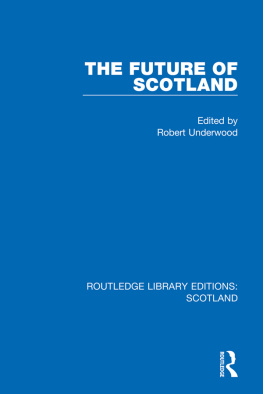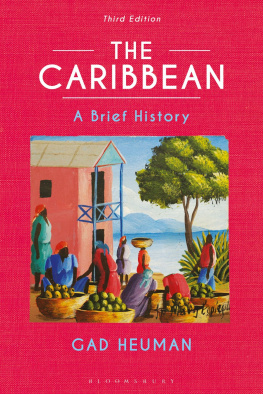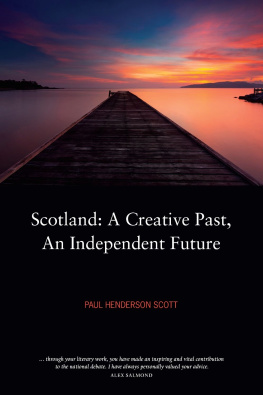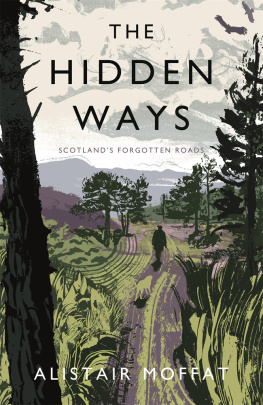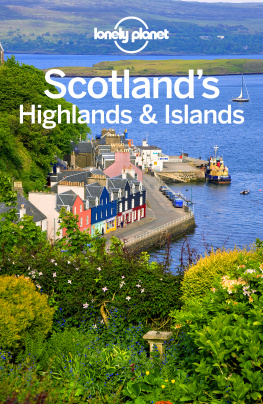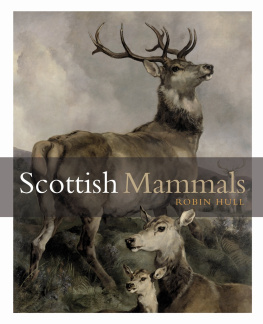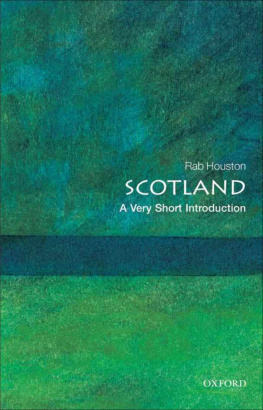Michael Morris - Scotland and the Caribbean, c.1740-1833: Atlantic Archipelagos
Here you can read online Michael Morris - Scotland and the Caribbean, c.1740-1833: Atlantic Archipelagos full text of the book (entire story) in english for free. Download pdf and epub, get meaning, cover and reviews about this ebook. year: 2015, publisher: Routledge, genre: Romance novel. Description of the work, (preface) as well as reviews are available. Best literature library LitArk.com created for fans of good reading and offers a wide selection of genres:
Romance novel
Science fiction
Adventure
Detective
Science
History
Home and family
Prose
Art
Politics
Computer
Non-fiction
Religion
Business
Children
Humor
Choose a favorite category and find really read worthwhile books. Enjoy immersion in the world of imagination, feel the emotions of the characters or learn something new for yourself, make an fascinating discovery.

- Book:Scotland and the Caribbean, c.1740-1833: Atlantic Archipelagos
- Author:
- Publisher:Routledge
- Genre:
- Year:2015
- Rating:5 / 5
- Favourites:Add to favourites
- Your mark:
Scotland and the Caribbean, c.1740-1833: Atlantic Archipelagos: summary, description and annotation
We offer to read an annotation, description, summary or preface (depends on what the author of the book "Scotland and the Caribbean, c.1740-1833: Atlantic Archipelagos" wrote himself). If you haven't found the necessary information about the book — write in the comments, we will try to find it.
This book participates in the modern recovery of the memory of the long-forgotten relationship between Scotland and the Caribbean. Drawing on theoretical paradigms of world literature and transnationalism, it argues that Caribbean slavery profoundly shaped Scotlands economic, social and cultural development, and draws out the implications for current debates on Scotlands national narratives of identity. Eighteenth- to nineteenth-century Scottish writers are re-examined in this new light. Morris explores the ways that discourses of improvement in both Scotland and the Caribbean are mediated by the modes of pastoral and georgic which struggle to explain and contain the labour conditions of agricultural labourers, both free and enslaved. The ambivalent relationship of Scottish writers, including Robert Burns, to questions around abolition allows fresh perspectives on the era. Furthermore, Morris considers the origins of a hybrid Scottish-Creole identity through two nineteenth-century figures - Robert Wedderburn and Mary Seacole. The final chapter moves forward to consider the implications for post-devolution (post-referendum) Scotland. Underpinning this investigation is the conviction that collective memory is a key feature which shapes behaviour and beliefs in the present; the recovery of the memory of slavery is performed here in the interests of social justice in the present.
Michael Morris: author's other books
Who wrote Scotland and the Caribbean, c.1740-1833: Atlantic Archipelagos? Find out the surname, the name of the author of the book and a list of all author's works by series.

